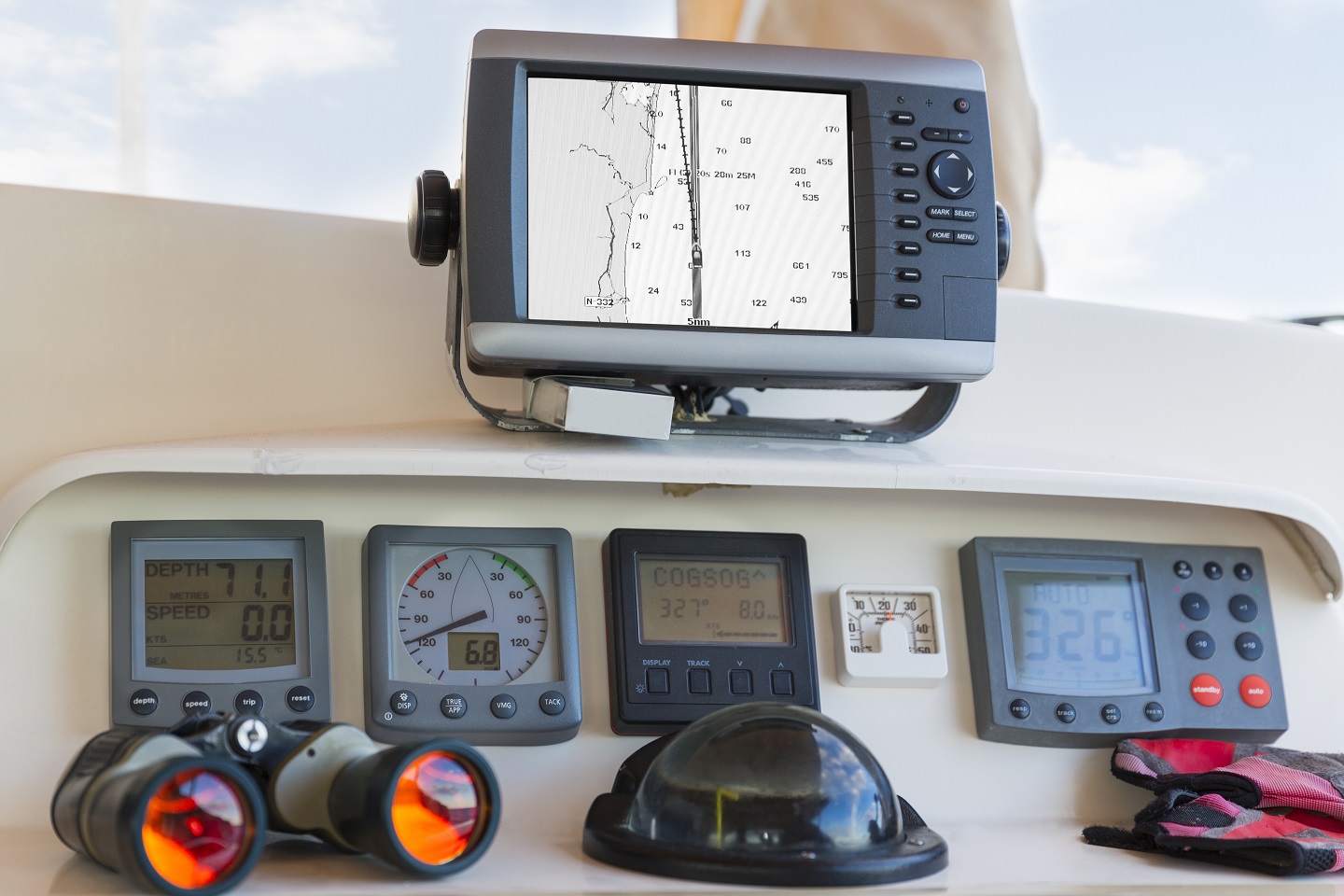
Let’s explore the various types of marine communication systems available for your boat.
Maintaining reliable communication while on the water is paramount for any boat owner. Effective communication is crucial in ensuring your vessel’s safety and security and providing a seamless connection with those onboard and onshore. Thanks to the evolving advancements in marine technology, many modernized marine communication systems are available to cater to the needs of leisure and commercial boaters. Let’s explore the various types of marine communication systems available for your boat.
VHF Radios: Key Marine Communication Equipment
Very High-Frequency (VHF) marine radios are essential in maintaining reliable communication between vessels and onshore facilities. They are indispensable tools for sending and receiving distress signals, sharing navigational information, and staying updated on weather conditions. These radios come with adjustable power output, allowing you to switch between high and low settings to preserve battery life or increase transmission range.
VHF frequencies range from 156 to 174 MHz, providing clear transmission and reception over short and medium distances. Most VHF marine radios offer access to international channels approved for maritime communication, including distress channels and weather channels. Additionally, most VHF radios have built-in GPS for improved accuracy in distress situations.
VHF marine radios primarily fall into two categories: fixed-mount and handheld. Each has its own set of advantages and applications:
- Fixed-Mount VHF Radios: Since they are installed permanently on your vessel, VHF radios offer greater range, higher transmission power, and larger displays. Modern fixed-mount radios incorporate Digital Selective Calling (DSC) and Automatic Identification System (AIS).
- Handheld VHF Radios: Portable and battery-powered, handheld radios are perfect backup devices or primary communication tools for smaller boats. They offer water resistance, GPS functionality, and easy-to-use interfaces.
Satellite Communications
Satellite communication can be a lifesaver for boaters venturing far from shore or in areas with limited VHF coverage. Satellite phones and communication devices ensure constant access to phone, text, and data services, regardless of location. Be sure to evaluate your communication needs and select a device that supports voice, SMS, email, and internet access based on your requirements. Consider the trade-offs between fixed-installation satellite systems, which generally offer higher data speeds and connectivity, and handheld satellite phones, which provide more flexibility.
AIS Transponders
Automatic Identification System (AIS) transponders are integral to modern marine navigation. They provide real-time information on the location and movement of nearby vessels, improving situational awareness, preventing collisions, and aiding in search and rescue operations. When looking for a transponder for your boat, you must decide between Class A transponders, mandatory for larger commercial vessels, and Class B transponders, suitable for smaller boats and leisure craft. Regardless of your choice, ensure your AIS transponder can be connected to your existing navigation system or chart plotter for seamless data display and monitoring.
Marine Electric Systems, LLC is a Leader In the Maritime Industry
We here at Marine Electric Systems have over 30 years of industry experience. You can trust our team for reliable service and expert craftsmanship in the Maryland, Baltimore, Annapolis, and Baltimore city areas! We’re highly certified and adhere to all ABYC and NMEA regulations. We specialize in top-notch electrical solutions for recreational, commercial, and government boating clients. Anything from electrical refits, to navigation systems, or boating maintenance. To stay up to date on our services, follow us on Facebook, LinkedIn, Pinterest, Instagram, and YouTube. You can also contact us at 410-263-0807
